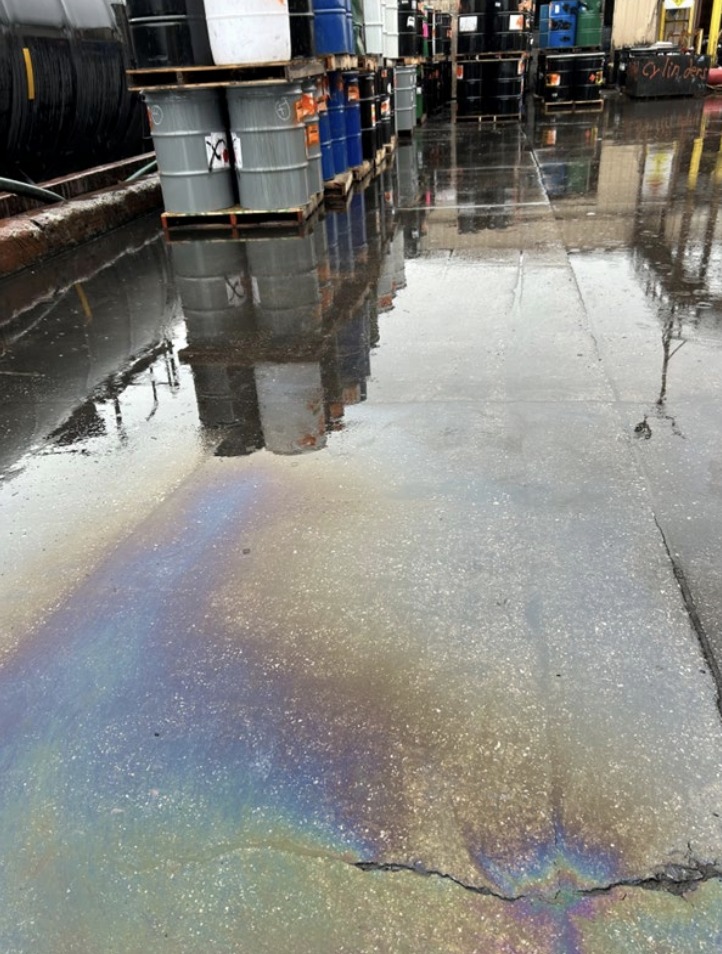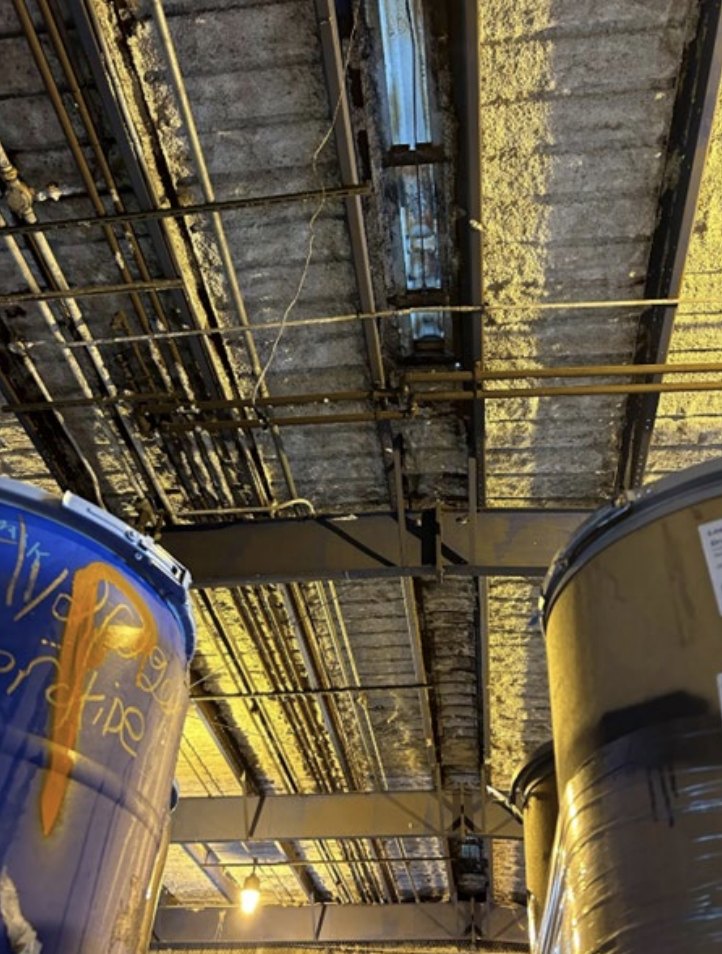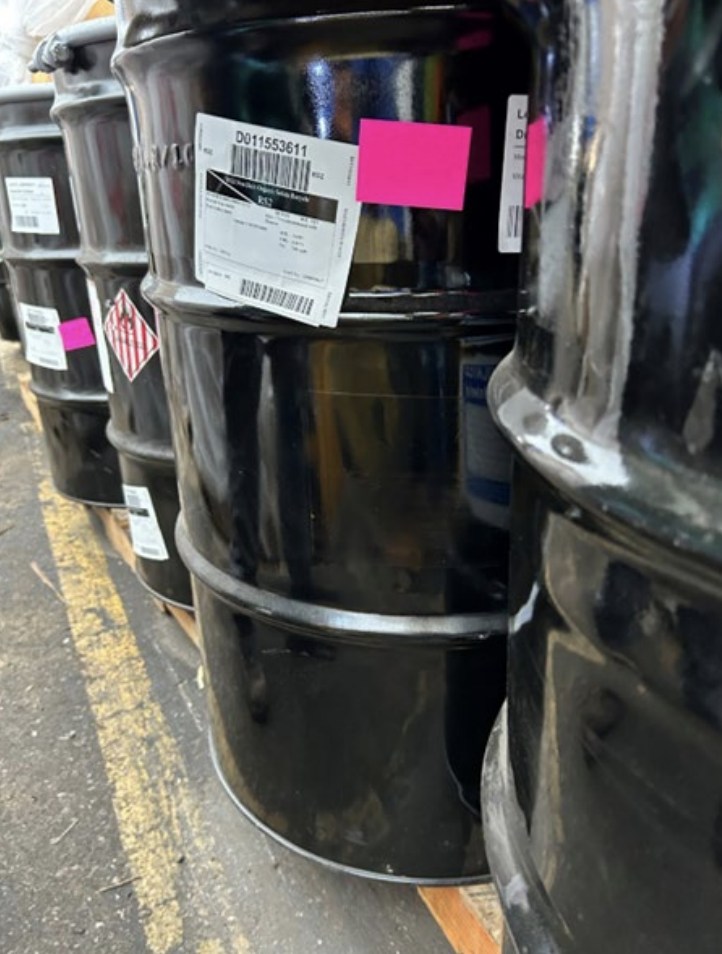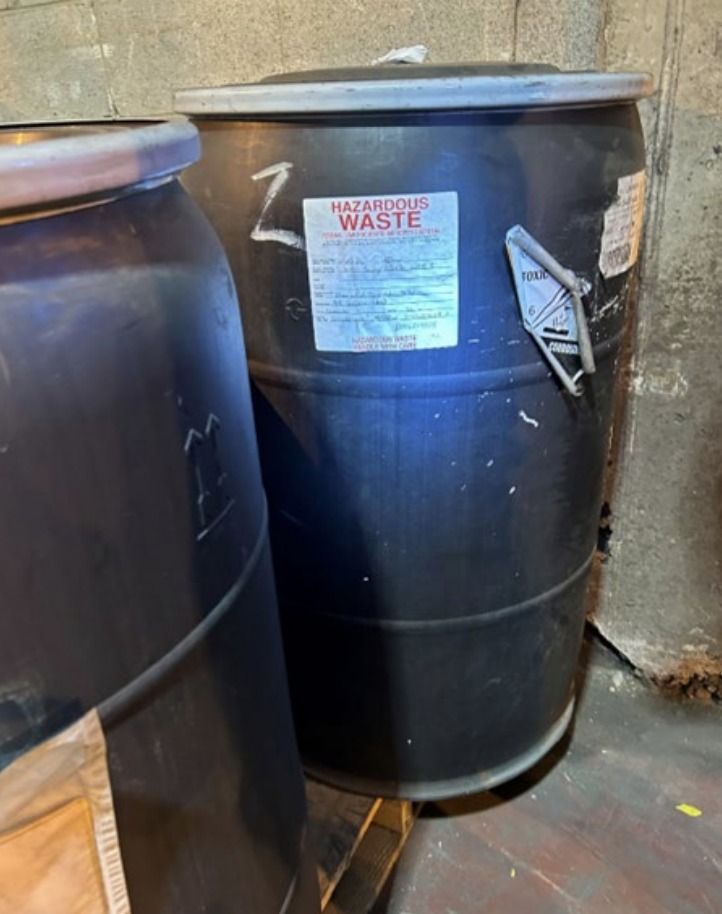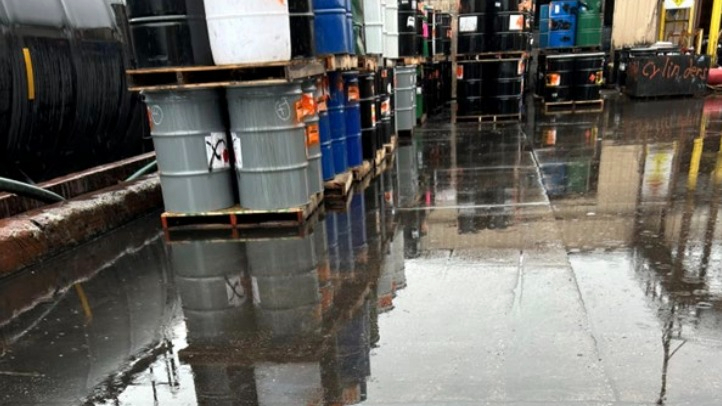The East Chicago Calumet Coalition Community Advisory Group (ECCC-CAG), represented by the University of Chicago’s Abrams Environmental Law Clinic (AELC), has taken a critical step in protecting East Chicago’s environment and residents. In a letter sent to the Indiana Department of Environmental Management (IDEM), ECCC-CAG urged the agency to impose stricter permit conditions on Tradebe Treatment and Recycling, a hazardous waste processing facility with a troubling history of environmental violations. This action follows the discovery of new, serious violations during a recent IDEM inspection.
Tradebe’s operations in East Chicago are under scrutiny as IDEM considers two critical permits: a renewal and expansion of the facility’s hazardous waste permit under the Resource Conservation and Recovery Act (RCRA) and a modification of its Clean Air Act (CAA) permit. However, advocates argue that Tradebe’s extensive history of non-compliance warrants stronger oversight before any permit approvals.
A September inspection revealed alarming violations, including rainwater leaking into areas storing hazardous materials, a spill caused by damaged waste drums, and chemical releases on the facility’s property. Despite these findings, IDEM has stated that enforcement actions will not impact its permitting decisions, raising concerns about Tradebe’s ability to operate safely and responsibly.
Mark Templeton, Director of the Abrams Environmental Law Clinic, emphasized the stakes: “If Tradebe can’t comply with its existing permits, IDEM should not reward them with approval to expand operations.”
Public comments submitted by advocacy groups highlight additional concerns. One calls for enforceable improvements to Tradebe’s operations and a cumulative impact study to evaluate how the facility contributes to East Chicago’s significant pollution burden. Another criticizes the proposed modification to Tradebe’s CAA permit, which fails to adequately regulate emissions from its Drum Shredder, equipment the company has unlawfully operated for two decades.
Community meetings have also amplified local voices, with residents expressing frustration over Tradebe’s environmental and health impacts. Ashley Williams, Executive Director of Just Transition Northwest Indiana, summarized these concerns: “Residents are deeply worried about their health, quality of life, and the environment.”
Advocates, including the Conservation Law Center, stress the need for IDEM to improve coordination across its departments and integrate stronger inspection and accountability measures into Tradebe’s permits. The time to act is now—East Chicago’s future depends on it.
